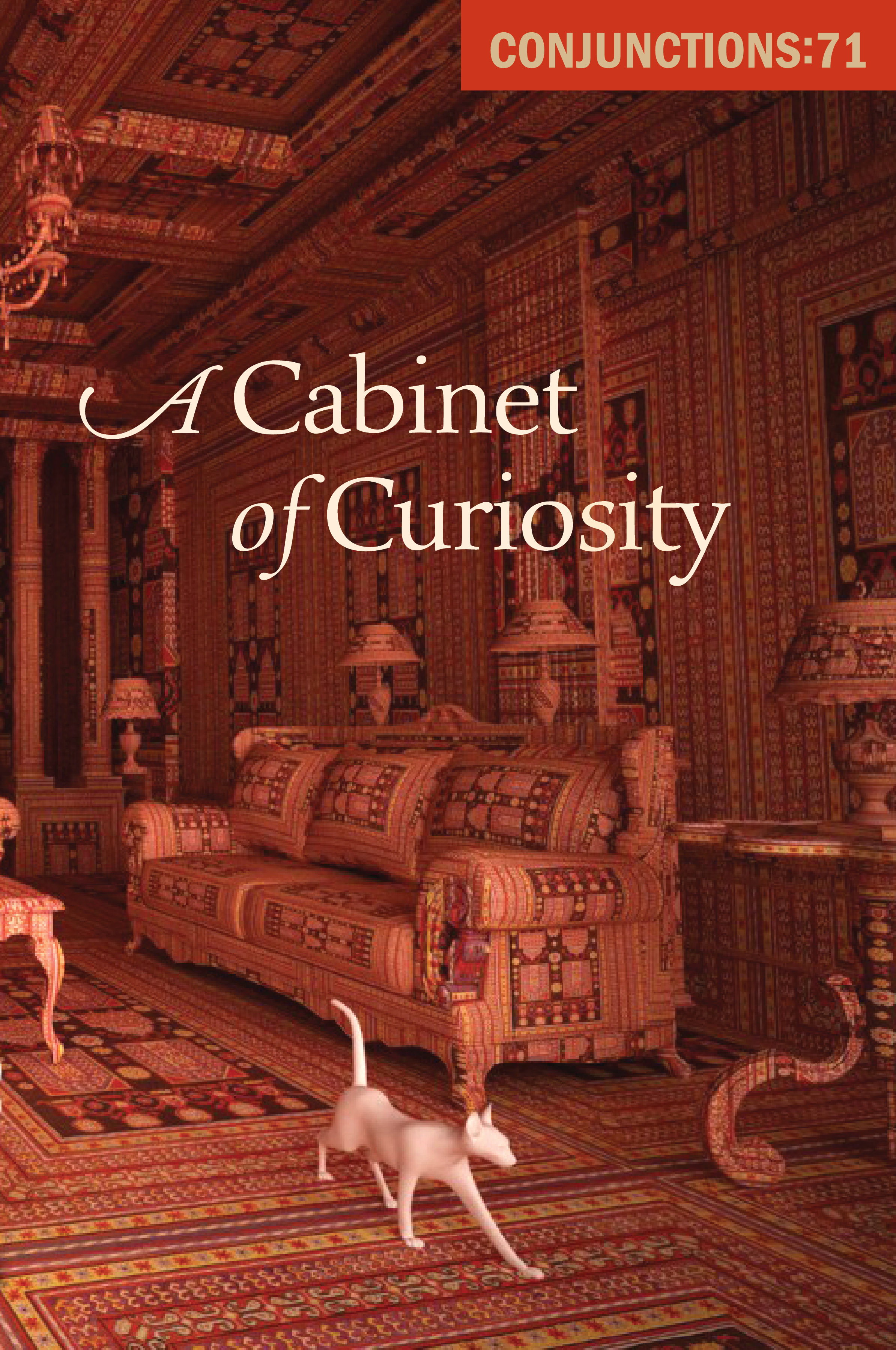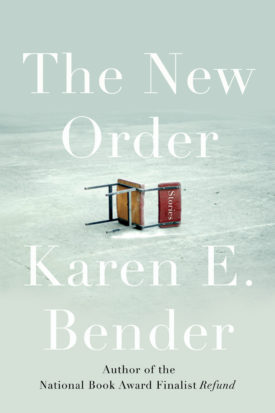In the past few months or so my perception on literature has shifted. My reading has become more active and aware, but even with this new-found sight I find it hard to be terse with literary fiction. I empathize easily, become lost in a good story, but I am also aware of the nuances of the genre.
Stories have to take me somewhere, whether it’s from the subway to the ocean or from one dream to the next. Even thoughts flow, and if I am locked within a character’s mind and privy to their hopes and fears then let me see how their nightmare fades in the light of realization, or how their past has come to shape their future. That being said, the theme and plot can be cast aside in the light of a strong character. When the characters feel organic I am their willing audience. They can guide me through their worlds, but we must take that first step.
Every good character needs a stage, and what I look for in a story is its description. When done well it elevates everything in a narrative, creating a rich and vibrant scape that entices the readers to continue to the next page. On that vein, something that I can truly appreciate as a reader are stories that challenge convention, but I admit that it, like all things, comes with a caveat. Stephen King says a writer can play around with any trick of the trade… so long as they do it well. I think the same applies for challenging conventional writing. I love stories that aren’t afraid to try something new and color outside the lines, but it’s a delicate dance to perform. When someone does it well, especially in literary fiction, I am often left sitting at the end of the final sentence turning the story over in my mind, feeling like I just got to experience something entirely new that no one else has witnessed before.
Writing is a balancing act, and an author should take care not to throw in a surprise format or twist the narrative only for shock and awe. Everything in a story should work in tandem, each aspect keeping in tone with the rest until the narrative rings a single note, signaling to the reader that it is time to delve into the story.

Brynn Kowalski is a fiction editor for Issue 22. She is pursuing her BA in Creative writing with a minor in French. Passionate about literature of all types, Brynn is working to become an editor and publish YA novels. She is currently an active member of several online writing communities and regularly publishes real-time interactive narratives on her media platform.

 Today we are happy to share news about past contributor Matt Bell. Matt’s short story, “Fur, Bark, Feather, Leaf, Faun,” is upcoming in Conjunctions: 71, A Cabinet of Curiosity. About the issue, the description reads: “Curiosity in all its guises is the wellspring of revelation. It is a prime mover behind our deeds, good or evil, simple or complicated. While the thirty-one writers gathered here individually explore many of the ways in which curiosity drives and defines us, together they propose that the realms of curiosity are, finally, inexhaustible.”
Today we are happy to share news about past contributor Matt Bell. Matt’s short story, “Fur, Bark, Feather, Leaf, Faun,” is upcoming in Conjunctions: 71, A Cabinet of Curiosity. About the issue, the description reads: “Curiosity in all its guises is the wellspring of revelation. It is a prime mover behind our deeds, good or evil, simple or complicated. While the thirty-one writers gathered here individually explore many of the ways in which curiosity drives and defines us, together they propose that the realms of curiosity are, finally, inexhaustible.” Today we are pleased to share news about past contributor Karen Bender. Karen’s collection of stories, The New Order, is out now from Counterpoint Press. The New Order has been listed as “1 of 10 Books to Be Thankful for This November” by O, The Oprah Magazine, as well as “1 of 34 Fall 2018 Books We Can’t Wait to Read” by HuffPost. The New Order is available for purchase at Counterpoint Press
Today we are pleased to share news about past contributor Karen Bender. Karen’s collection of stories, The New Order, is out now from Counterpoint Press. The New Order has been listed as “1 of 10 Books to Be Thankful for This November” by O, The Oprah Magazine, as well as “1 of 34 Fall 2018 Books We Can’t Wait to Read” by HuffPost. The New Order is available for purchase at Counterpoint Press  Today we are thrilled to share news of past contributor Katie Cortese. Katie’s essay, “Four Pink Plus Signs,” has been included in the November 2018 issue of Gravel. You can read Katie’s essay in their website
Today we are thrilled to share news of past contributor Katie Cortese. Katie’s essay, “Four Pink Plus Signs,” has been included in the November 2018 issue of Gravel. You can read Katie’s essay in their website  Today we are happy to announce that Natalie Sypolt’s new book, The Sound of Holding Your Breath, is upcoming this November, 2018 from
Today we are happy to announce that Natalie Sypolt’s new book, The Sound of Holding Your Breath, is upcoming this November, 2018 from 

 Today we are pleased to feature author Kaylee Sue Duff as our Authors Talk series contributor. In the podcast, Kaylee discusses the creative process behind two of her flash fiction pieces, “Nothing” and “The Deer,” and the intertwined nature of the stories themselves.
Today we are pleased to feature author Kaylee Sue Duff as our Authors Talk series contributor. In the podcast, Kaylee discusses the creative process behind two of her flash fiction pieces, “Nothing” and “The Deer,” and the intertwined nature of the stories themselves. n Clayton as our
n Clayton as our  Today we are pleased to feature Jen Knox as our Authors Talk series contributor. Jen talks about her contributions to Superstition Review and what she, as a reader, looks for in a strong short story. Jen also says that the why and how she writes ultimately boils down to character and her desire to understand the human condition from different purviews. She ends her talk by offering advice to burgeoning fiction writers.
Today we are pleased to feature Jen Knox as our Authors Talk series contributor. Jen talks about her contributions to Superstition Review and what she, as a reader, looks for in a strong short story. Jen also says that the why and how she writes ultimately boils down to character and her desire to understand the human condition from different purviews. She ends her talk by offering advice to burgeoning fiction writers.